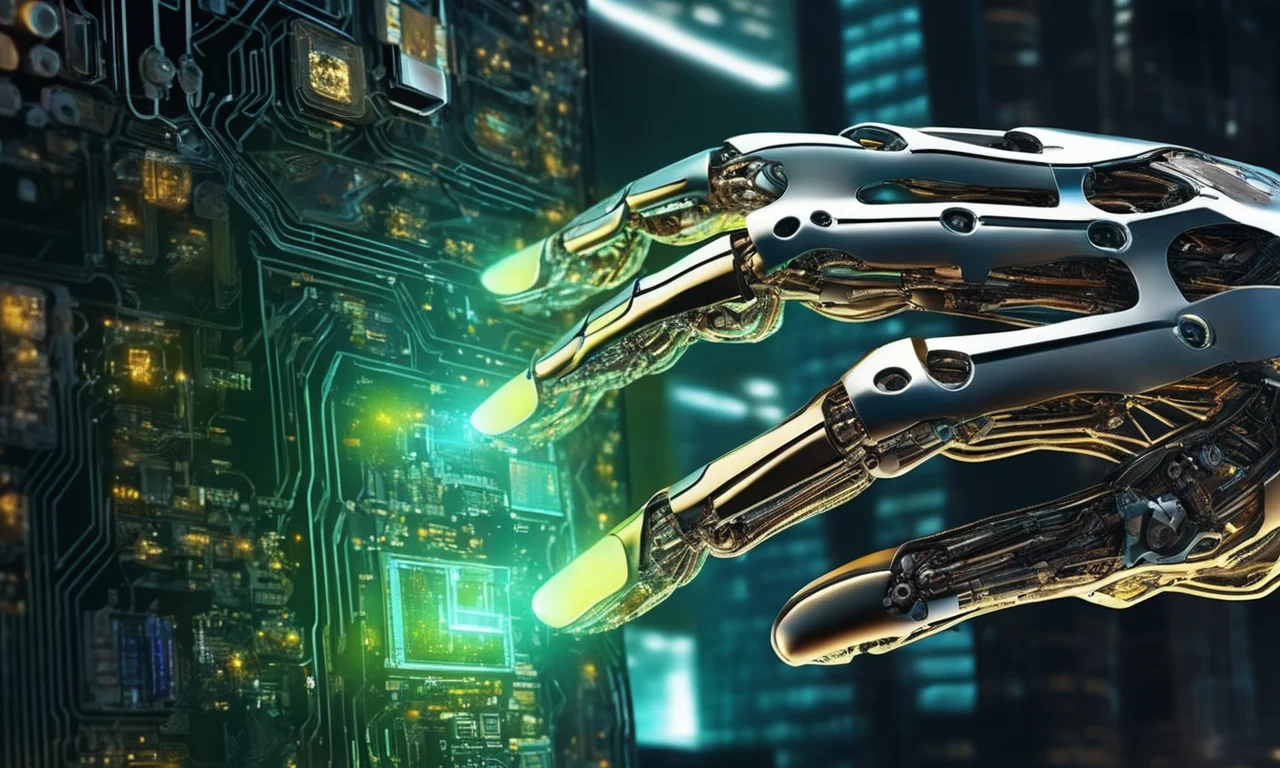
AI Investment Fuels Economic Growth Amid Rising Job Market Tensions
The rapid expansion of artificial intelligence is reshaping industries and challenging workforce stability.
Today's Bluesky conversations on artificial intelligence reveal a sector at a crossroads: AI is driving technological promise and economic growth, but also igniting questions about job security, societal adaptation, and the boundaries of trust in automation. Across trending posts, users weigh the disruptive force of AI in the workplace, the shifting lines between hype and utility, and the evolving relationship between humans and intelligent machines.
The AI Economy: Growth, Layoffs, and the Job Market Paradox
Concerns are rising about the human cost of rapid AI investment, as highlighted by Charlie McHenry's observation that tech layoffs are being used to fund AI buildouts, underscoring a widening gap between billionaire executives and ordinary workers. At the same time, financial analysts and tech observers are noting a seeming contradiction: while job openings are down, the stock market is booming, propelled in large part by gains in AI-driven companies. This divergence suggests AI's economic impact is far from straightforward—some jobs are disappearing, others are morphing, and new roles are emerging in the process.
"AI is automating tasks, not necessarily eliminating jobs. It's creating new roles while changing existing ones."- @ranork.bsky.social (0 points)
This tension is also apparent in forward-looking discussions about the future of work. Tessa at Linkto frames AI agents as new colleagues, suggesting adaptation is inevitable for many workplaces, while others, like TJ Walker, warn that the true risk of AI is not failure, but runaway success that could reshape industries overnight. Amidst this, educational resources like the Model Context Protocol curriculum for beginners are surfacing to help the workforce keep pace with accelerating change.
"That being said there are certainly many good use cases for AI but it really depends on the quality of the learning sets."- @thomas-sparrevohn.bsky.social (1 point)
Rethinking Trust and Intelligence in the Age of AI
Debates over what it means for AI to be “intelligent” are gaining urgency, with some, like Jason Moore, suggesting that the Turing Test is now obsolete due to humans' susceptibility to deception by chatbots and other systems. The growing use of AI in everyday settings—such as rental car companies deploying automated damage assessments—spotlights concerns about transparency, reliability, and consumer rights. These stories reveal the double-edged nature of automation: AI can streamline processes, but also introduce new avenues for error and exploitation.
"Don't go with Hertz, simple."- @zektronix.bsky.social (1 point)
At the same time, AI's positive potential is on display in scientific breakthroughs, such as Google's AI solving long-standing biological mysteries, and in the domestic sphere, where robots like Neo are being introduced as household assistants. Amid these advances, there's room for humor and skepticism, with products like a t-shirt playfully declaring “The Only AI is Antenna Impedance” capturing a more grounded, human response to the AI wave.
Every subreddit has human stories worth sharing. - Jamie Sullivan